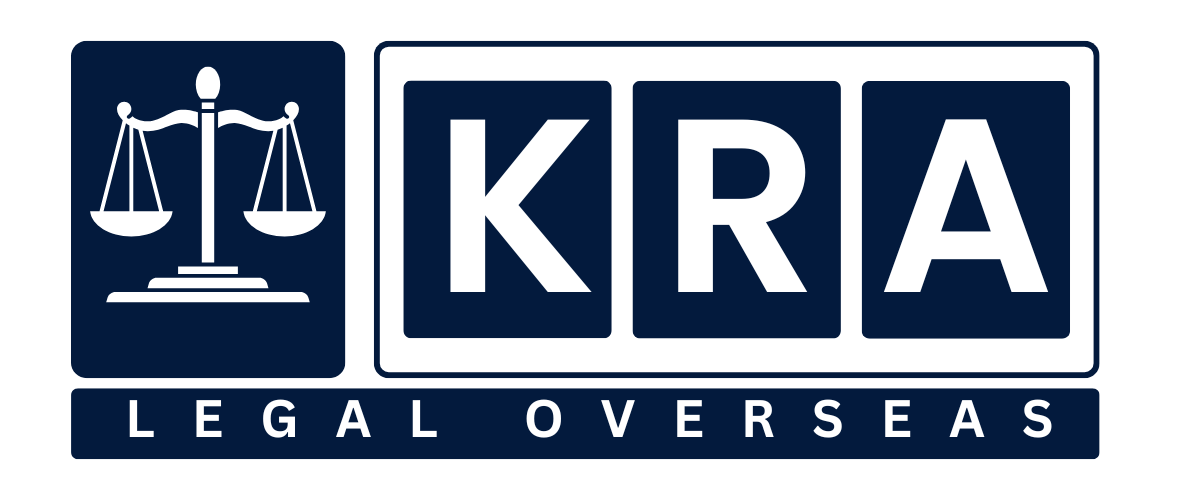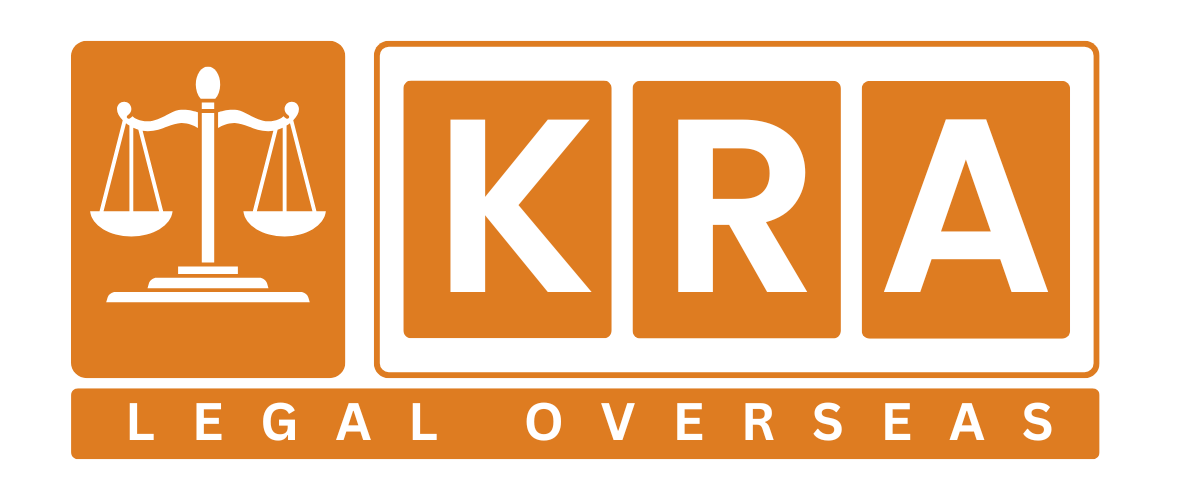Criminal law is a crucial pillar of any legal system, designed to maintain order, protect individuals, and uphold justice. It defines offenses, prescribes penalties, and establishes procedures for prosecuting and defending those accused of crimes. Whether you are facing charges, seeking legal advice, or simply want to understand the fundamentals of criminal law, this guide will provide valuable insights.
What is Criminal Law?
Criminal law refers to the body of laws that define criminal offenses, regulate the apprehension of offenders, and set out punishments for unlawful acts. Unlike civil law, which deals with individual disputes, criminal law focuses on offenses against society as a whole.
Types of Criminal Offenses
Criminal offenses are generally categorized based on their severity:
- Felonies – Serious crimes such as murder, rape, robbery, and fraud. These offenses carry severe penalties, including imprisonment or even the death penalty in some jurisdictions.
- Misdemeanors – Less severe offenses like petty theft, minor assault, or disorderly conduct. Punishments typically include fines, community service, or short-term imprisonment.
- White-Collar Crimes – Financially motivated offenses such as embezzlement, insider trading, and corporate fraud.
- Cyber Crimes – Offenses committed online, including hacking, identity theft, and cyberstalking.
- Juvenile Crimes – Crimes committed by minors, which are handled in juvenile courts with different legal procedures.
The Criminal Justice Process
Understanding how criminal cases proceed can help individuals navigate the legal system effectively. Here are the key stages:
- Investigation & Arrest – Law enforcement agencies investigate alleged crimes, gather evidence, and, if necessary, make an arrest.
- Charges & Bail – The prosecutor reviews the evidence and decides whether to file formal charges. The accused may be granted bail while awaiting trial.
- Trial & Defense – Both prosecution and defense present their case in court. Legal representation is crucial at this stage to challenge evidence and present a defense.
- Verdict & Sentencing – If found guilty, the accused receives a sentence, which may include fines, probation, or imprisonment.
- Appeals – The convicted individual may challenge the verdict by filing an appeal to a higher court.
Defending Against Criminal Charges
Being accused of a crime can be overwhelming, but understanding your legal rights is essential. A strong defense can help mitigate penalties or even result in case dismissal. Some common defense strategies include:
- Lack of Evidence – Proving that the prosecution lacks sufficient evidence to establish guilt.
- Alibi – Demonstrating that the accused was elsewhere when the crime occurred.
- Self-Defense – Arguing that the accused acted in self-defense to prevent harm.
- Violation of Rights – Highlighting procedural errors, such as unlawful searches or failure to read Miranda rights.
Why You Need a Criminal Defense Lawyer
A skilled criminal defense lawyer is vital to ensuring a fair trial and protecting your rights. Legal experts can:
- Assess the evidence and identify weaknesses in the prosecution’s case.
- Negotiate plea deals for reduced charges or lighter sentences.
- Represent you in court and present a compelling defense.
- Guide you through the legal process and ensure procedural fairness.
Final Thoughts
Criminal law plays a vital role in maintaining justice and protecting individuals from wrongful prosecution. Whether you are facing charges or need legal guidance, understanding your rights and working with an experienced criminal defense attorney can make a significant difference. If you need legal assistance, do not hesitate to seek professional help to safeguard your future.
For expert legal advice and defense representation, contact our team at KRA LEGAL OVERSEAS LLP today.




Hi, this is a comment.
To get started with moderating, editing, and deleting comments, please visit the Comments screen in the dashboard.
Commenter avatars come from Gravatar.